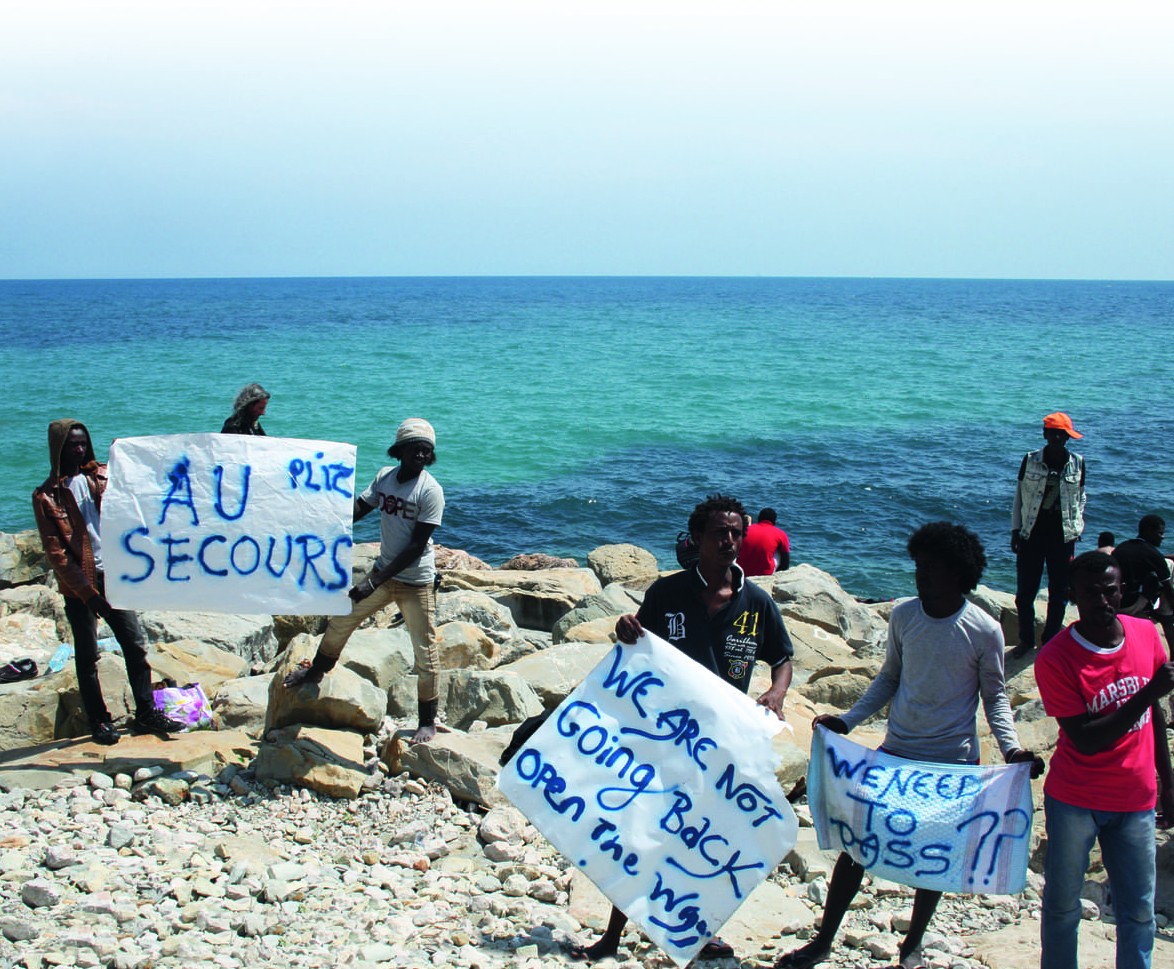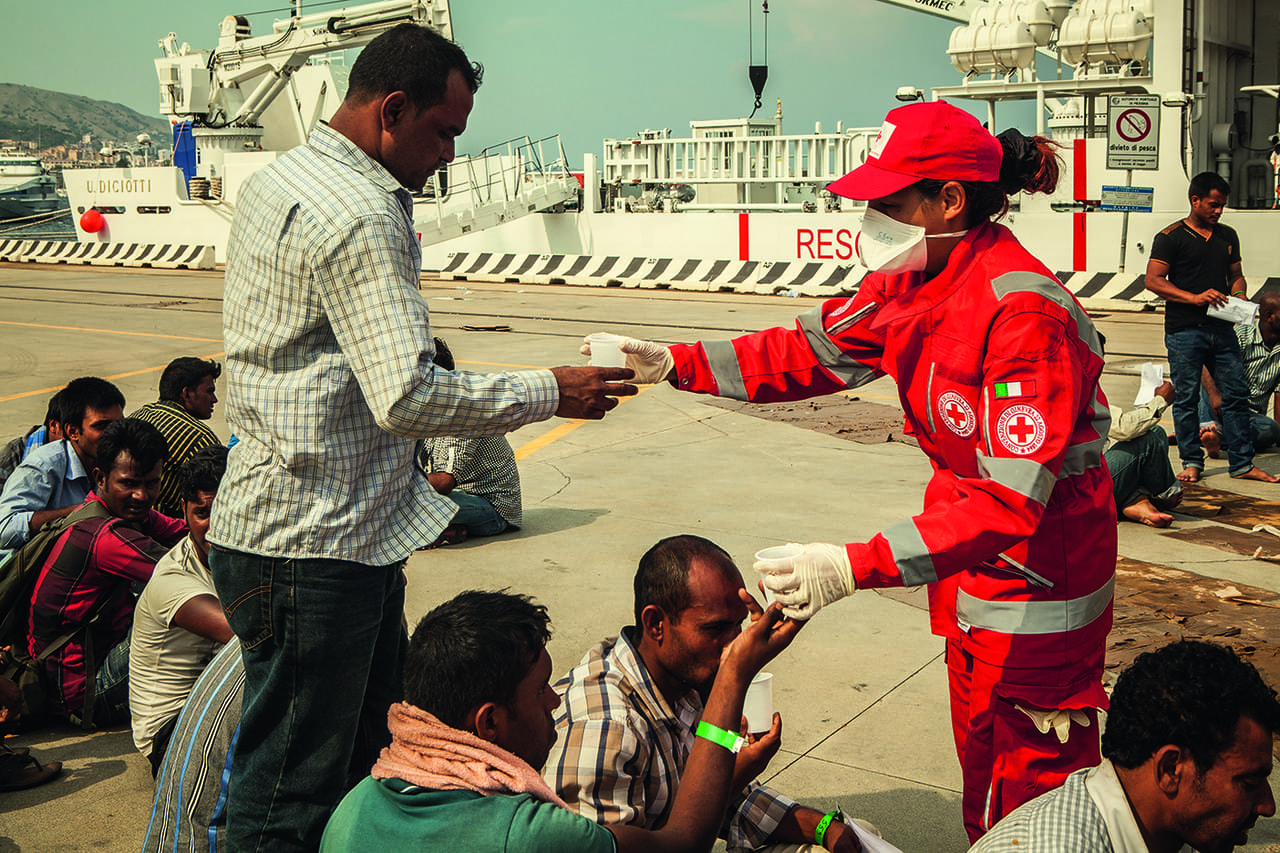About 30 kilometres from the border with France, the Italian city of Ventimiglia is nestled on a narrow band of flat ground between steep, craggy cliffs and the Mediterranean coast.
The picturesque landscape is one reason thousands of tourists come here and to the Côte d’Azur just across the border to enjoy sunshine, beaches, amusement parks or go for a cruise in one of the many pleasure craft that dot the area’s harbours and bays.
In this holiday paradise, however, another narrative has unfolded this past year. Throughout the summer, more than 4,500 people from places as far flung as Bangladesh, Eritrea, Ethiopia, Libya, Mali, Pakistan, Sudan, Syria and elsewhere have come through Ventimiglia, trying desperately to get across the border into France. With little prospect of work or legal residency in Italy, they hope France will bring them one step closer to a place to call home.
But their chances are slim. With no visas, and little more than the clothes on their backs, their only hope is to sneak across the border by train, walk along the train rails at night or trek by way of rocky, treacherous trails across the mountains that line the coast — all of which are patrolled by French border agents.
Mohamed Omer, a 25-year old from Sudan, managed to make it across the border to Nice, where he was arrested and spent four days in jail before being brought back to the Italian border.
“I will try again,” says Omer, who arrived from Egypt in small boat with 500 people only one week earlier. “Again and again and again. As many times as it takes.” Like many here, he doesn’t have a precise destination. “Anywhere,” he says. “Any job at all.
Anything I can do to support myself, to promote myself and help my people.”
 Red Cross Red Crescent magazine
Red Cross Red Crescent magazine 






